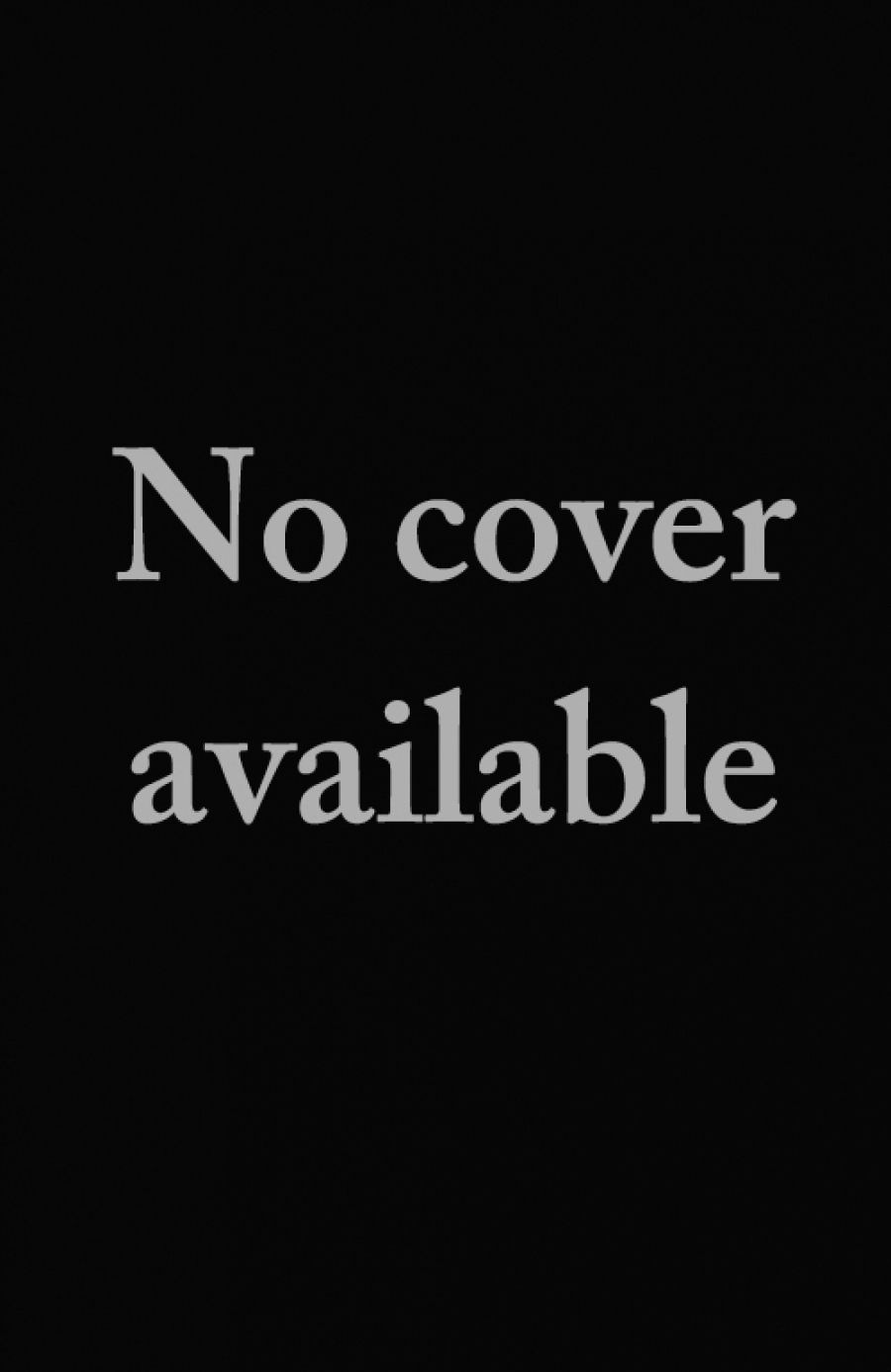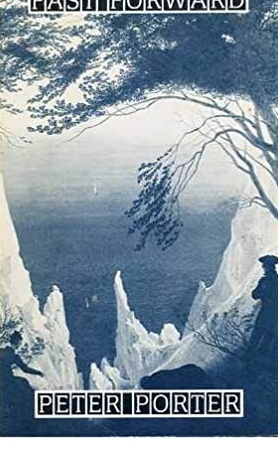
- Free Article: No
- Contents Category: Poetry
- Review Article: Yes
- Online Only: No
- Custom Highlight Text:
I have sat on these books longer than is reasonable for a review, yet have to confess that I am not satisfied with the readiness of what follows. I got the Porter first, but receiving the Johnston thought that they in some ways offered similar difficulties, perhaps similar rewards, to the reader, and that it might be neat to review them together.
- Book 1 Title: The Typewriter Considered As Bee-trap
- Book 1 Biblio: Hale And Iremonger, 66 pp., $16.95, 8.95 pb
- Book 2 Title: Fast Forward
- Book 2 Biblio: OUP, 62 pp., $14.50
- Book 2 Cover Small (400 x 600):

- Book 2 Cover (800 x 1200):

- Book 2 Cover Path (no longer required): images/1_Meta/Sep_2020/META/5479766998908928.jpg
Strictly, I am ill prepared to review Johnston, not having read his three previous volumes of verse – one of them apparently translations from modern Greek – but I leapt at the offer because I had been so beguiled by his novel, Cicada Gambit 91984).There, I was enchanted by the virtuoso play of language in parodistic styles, the extended parody of narrative (especially of the thriller), the incidental erudition (a phrase, I notice, quoted on the back of this book): and bewildered finally by the realisation that all this was, in some serious sense, a hoax, the whole lengthy brilliant display a puzzle with no answer.
The poems are more bewildering to me, simply because the brilliance is eschewed while no more ‘answer’ is offered. The title-poem speaks of writing of semi-aleatory poems about bee-traps and typewriters and I have to look up my Collins, which gives for ‘aleatory’ ‘dependent on chance’, but more to the point as a second, musical, meaning ‘involving elements chosen at random by the performer’. Johnston provides notes for the last sequence in this book, ‘To the innate island’, and from them one can garner clues like (of one poem) ‘Mainly Phaistos itself, with interwoven allusions to South America, notably the Incas and Pablo Neruda’. There is no way in which the innocent reader might guess that there is such an aleatory mix in these poems, incomprehensible enough but seeming, by and large, like personal reminiscence about the experience of the poet and an unnamed other in the Greek Isles. The poems, in short, are difficult in that they deploy references and ideas which most readers will think highly esoteric; and they are obscure because they do so in unheralded ways: their procedures do seem to be ‘semi-aleatory’, and in principle inaccessible to any conceivable reader.
I am not sure about this: what is certain is that the poetry does not offer me any incentive to want further to understand it. Johnston writes a pellucid English and his rhythms never jar; occasionally he offers charming images in elegant cadence.
The hedgehog snoozes under a bush, lizards bask on the wall, the cat floats lower, rain at the edges of its eyes ... (though I have no idea what ‘floats lower’ means). Mainly, however, his rhythms seem designed to avoid offence rather than to add richness, strength oi,: depth to the all-too-random play of reflection: Johnston’s verse in this volume at least lacks the variety and exuberance of his prose in Cicada Gambit, and I suppose that if I had not read that book I should have dismissed this one less lugubriously, which might have been kinder.
My problem in reviewing Peter Porter is quite different, though no less: it is not so very long since I reviewed his Collected Poems for another journal (Scripsi, Vol. 2, No. 4), and I said there at some length what I thought of the general characteristics of Porter as poet: it seems on the one hand quite unreasonable to suppose that ABR readers will have read Scripsi; on the other, inflated to offer even succinctly yet another general characterisation of the work.
Obviously, this is a problem faced by any reviewer of a new volume by a poet who has recently collected his poems to attendant acclaim, and in England Fast Forward has received rather perfunctory attention from favourable reviewers: there has been a failure to recognise that this new volume represents an advance – a failure for, I think, fairly obvious reasons. Porter’s critical reputation was high from early on, but reached a kind of crescendo with The Cost of Seriousness (1978), where reviewers found an accession of emotional depth in the poems that in various ways engaged the poet with the death of his wife; some of that carried over into the most remarkable poems of English Subtitles (1981).
The main point I wished to make – and to illustrate – in reviewing the Collected Poems, was that Porter had, almost unnoticed, established an authentic voice much earlier: and the triumph of Fast Forward is further to establish that voice and to broaden its range. I still have my complaints: a poem that Porter seems to like (he chose to read it at Webber’s while visiting Melbourne), ‘Analogue of Heaven’, seems to me to have no rhythm at all in its verse, and will make no sense to readers who have insufficient sense of what Porter means by ‘eidolon’. (Collins isn’t quite enough.) Examples could be multiplied. It seems more to the point, however, to notice that – unless I have simply got used to it – the obscurity of personal, the arbitrariness of cultural, reference is abating, that poems tend to be more firmly shaped than in earlier Porter. Once again, in a poem like ‘Doll’s House’, he shows that he can make masterful use of simple, strict form. (In fact, after his writer-in-residence stay in 1983, typescripts he left behind included an accomplished sestina, a form for which he has expressed a marked distaste, which – presumably therefore – he has never published). So if he writes verses sometimes only arbitrarily so to be called, it is not, as so often, for lack of competence, nor indeed of awareness of the resources of formal verse. He writes a lot, and has from the start evinced a desire to show a range of styles, including the racily informal. However that might be, I am inclined to think that Fast Forward signals an advance in clarity and comprehension: most simply, it is where new readers should begin, turning then, if they like the mature Porter, to the Collected Poems.


Comments powered by CComment